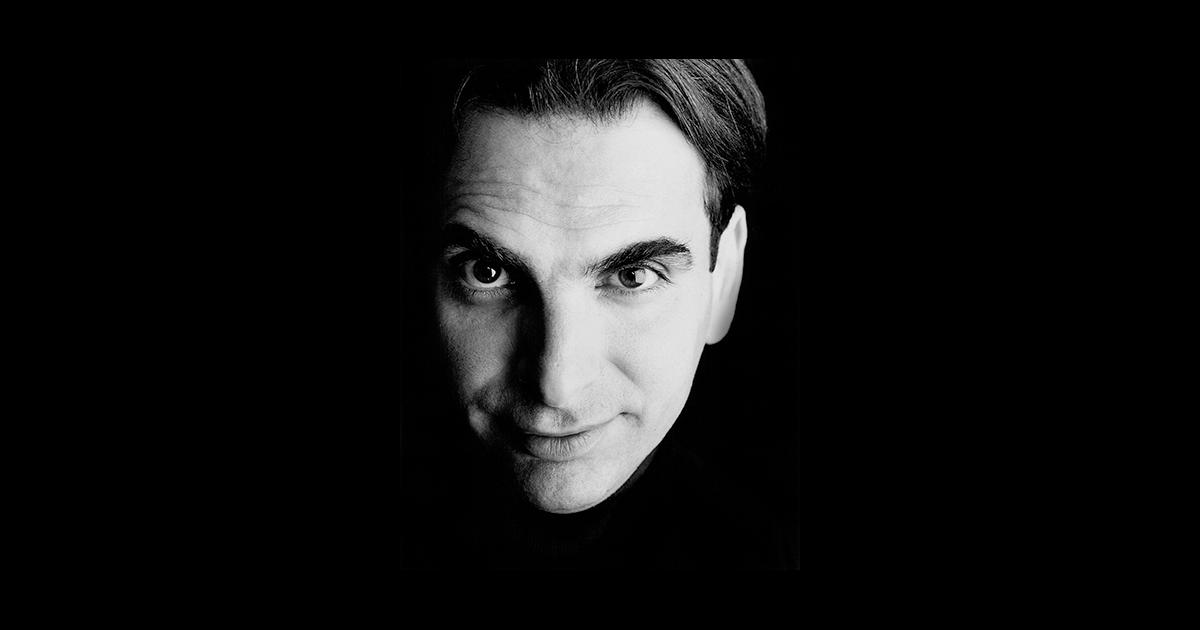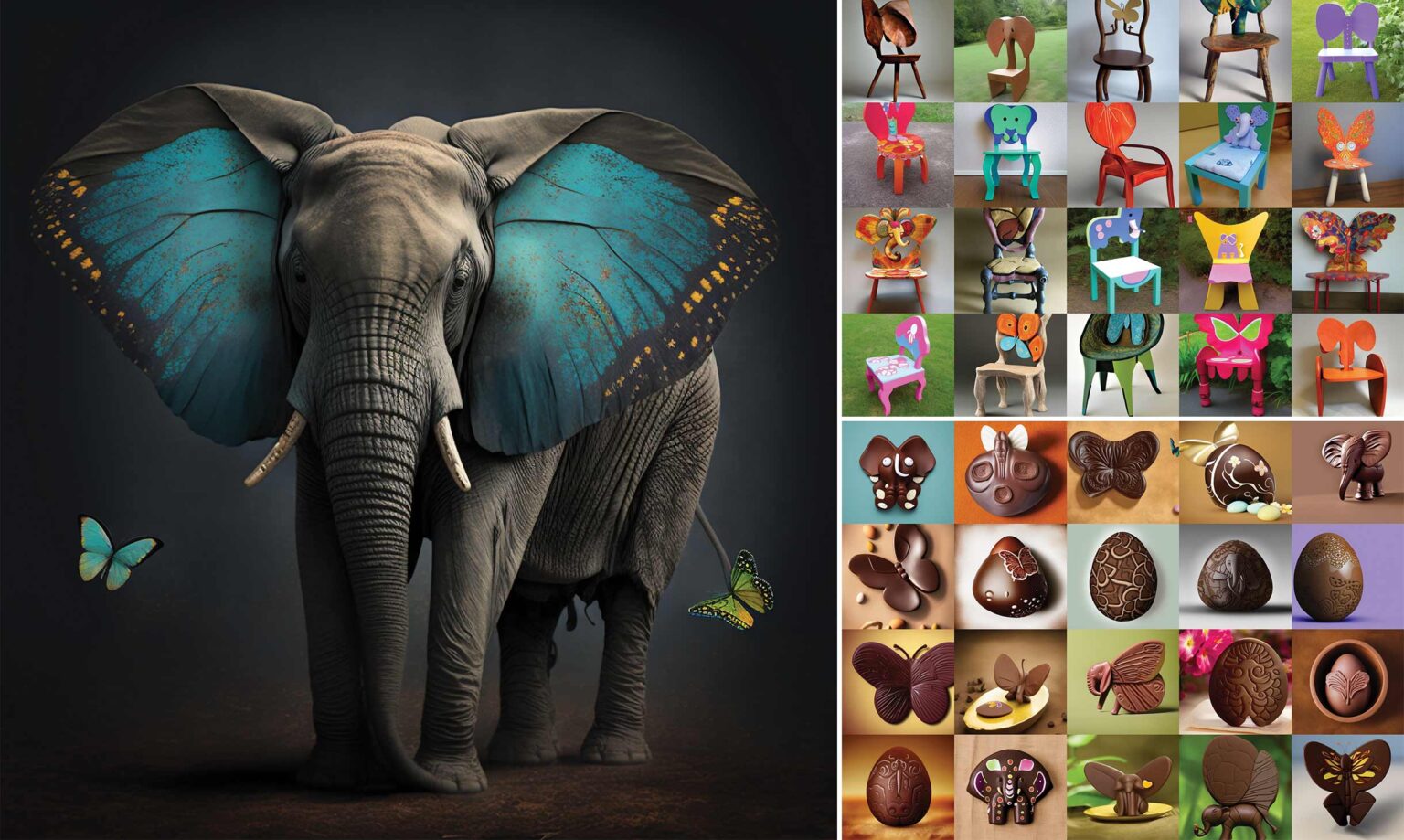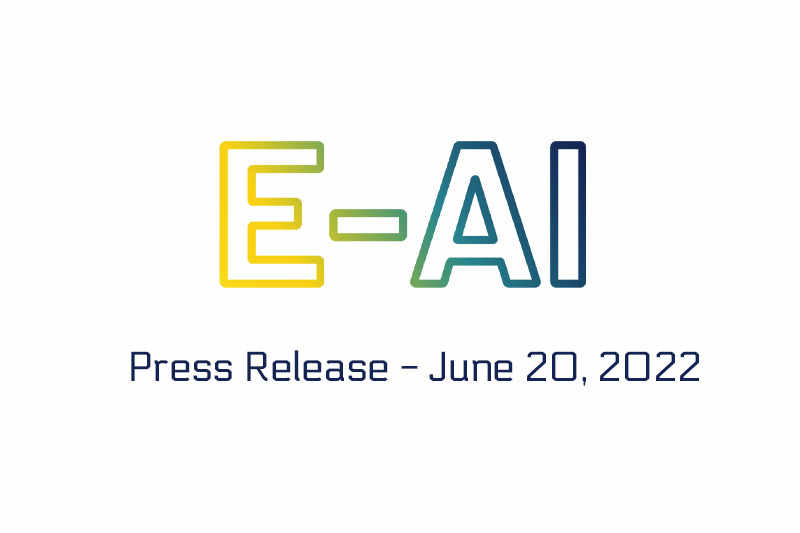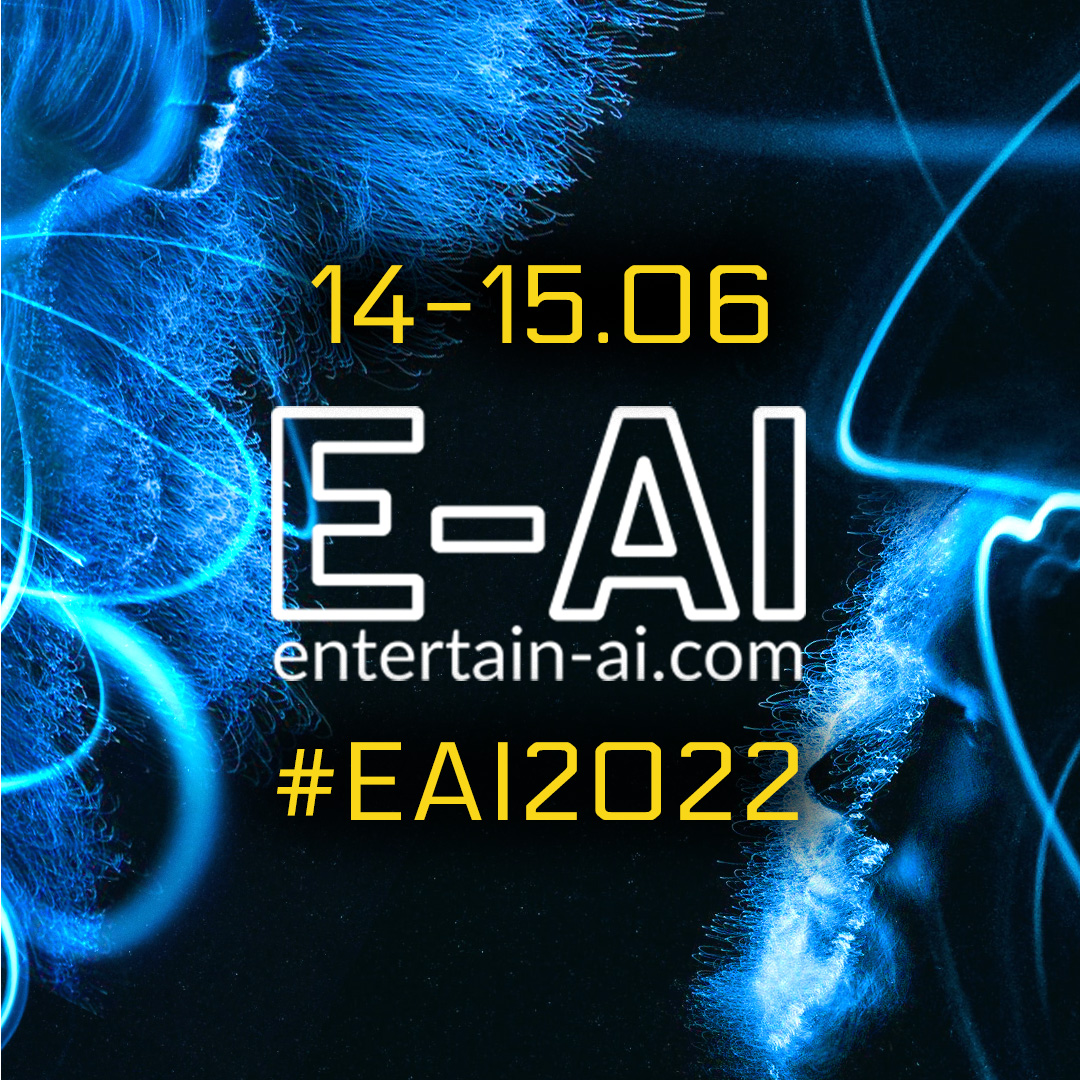READY FOR AI
!
This week, the Quebec Innovation Council published a major report on the framing of AI. It was the culmination of a wide-ranging consultation on the topic of the day: how to protect ourselves from the risks of AI.
From the conference preceding the report, I remember one image in particular that stuck in my mind. Olivier Diyens, Head of the Department of Literary Studies at Mcgill University, warned us not only against the sirens of AI, but also against sea monsters.

MERMAIDS, SEA MONSTERS…AND AI
An image that leaves a lasting impression!
I like this image (which I patiently created thanks to AI) because it reminds us that our path in relation to AI surely lies somewhere between mermaids and sea monsters. These monsters are the talk of the town these days. The dangers of AI are really the “zeitgeist” right now in the media and forums where academic, scientific and political leaders rub shoulders. We’re starting to get to grips with these dangers. Job losses, the end of democracy and human history, the evil AI that will turn us all into paper clips…
Even our national champions like Bengio are sounding the alarm. And when Patrice Roy talks about it on prime time TV, it’s a worrying light he’s chosen to shine on AI. Even my mother-in-law contacted me to warn me after the show. I understand that, it’s a very human bias to emphasize the dangers. It’s a reflex that has helped us survive as a species until now.
Who will dare oppose the precautionary principle? Who will oppose the desire to slow down, to control, to regulate? Pointing out the dangers of a new technology sounds very serious in a social context.
A fascination with tool capabilities
And yet, when we talk about AI among colleagues in the creative industries, and even in the corridors of AI framing conferences, it’s not the dangers we’re talking about, but the opportunities. Most of us are fascinated by what these tools are already capable of doing and their potential, on our professions, on our companies and on our lives. Most of us are curious and want to tame these technologies.
Rather, we see the ways in which they will enhance our creativity – transform it, certainly, but not constrain it. And when we measure the general feeling of our fellow citizens about AI, it’s overwhelmingly positive, if we rely on the study revealed by the Quebec Innovation Council at the conference on AI framing. This dissonance is quite classic, but we mustn’t find ourselves in Quebec unwilling to explore, to go to sea for fear of running into sea monsters.
That’s not how Quebec was built, that’s not how we became an innovative and creative society that continues to outstrip our demographic weight around the world.

For fun, how AI imagines a Quebec mermaid…
AI polarization among creatives:
So this new technology, which has the power to change everything, as some seem to claim, I preach that in Quebec we’re among the best in the world at understanding it, building on it and creating with it. Entertain-AI’s mandate is to bring together all the voices who share this vision.
If there’s one industry that can afford to take risks with these new tools, it’s the creative industries. In fact, it’s often artists who open the way to new possibilities, leading to profound reflection that changes our societies.
And we know that this is an important moment, given the polarization that AI is creating among creative people. Some fiercely oppose it, claiming that AI will destroy creativity, while others see it as an opportunity to reach a new stage in human creativity. These two camps were also present at the advent of writing, printing, photography, cinema, the photocopier, computers, Youtube and many others.
Ultimately, what we’re seeing with thousands of years of technological progress is that the creative profession may be changing, but human creativity is only growing.
Ambition versus the Sea Monsters
The E-AI community is taking an optimistic, pro-active stance on this issue. We know that major transformations come with their share of anxiety, but telling ourselves that it will pass and that we’ll regulate it so that it doesn’t change our lives and our businesses is not a strategy.
By bringing this voice into the public discourse, we hope to balance the debate to ensure that Quebec is a leader in this transformation and that our creators inspire the world with these new tools. Our creative industries are recognized around the world, as is our AI industry. It goes without saying that we should be leaders in creative AI. We have the means to do so, but we also need to be ambitious enough not to be impressed by the sea monsters.
As for the mermaids, they’ll always be there, and rather than mermaids from Silicon Valley or Hollywood, why not imagine Quebec mermaids?







